

It appears there might be a typographical error in your question. I assume you meant “Roof cementitious coating” instead of “Roof cemitious coating.” If that’s the case, I’ll provide you with a description of a cementitious roof coating.
A cementitious roof coating is a type of protective coating applied to roofs to enhance their durability, weather resistance, and waterproofing properties. It is typically made from a blend of cement, water, and various additives that provide flexibility, adhesion, and other desirable characteristics. The coating is usually applied in a liquid or semi-liquid form and cures to form a solid, durable layer.
Key characteristics and benefits of a cementitious roof coating include:
- Waterproofing: The primary purpose of this coating is to create a waterproof barrier that prevents water infiltration and protects the underlying roof structure from damage caused by moisture.
- Reflectivity: Some cementitious coatings are formulated to have reflective properties, which can help reduce the roof’s temperature by reflecting sunlight away. This can contribute to lower cooling costs and extend the life of the roof.
- Adhesion: The coating adheres well to various roofing materials, including concrete, metal, and certain types of asphalt roofs.
- Crack bridging: It can bridge small cracks in the roof’s substrate, which helps to prevent water from seeping through and causing leaks.
- UV Resistance: Many cementitious coatings are designed to resist UV degradation, which helps maintain their performance and appearance over time.
- Flexibility: The coating has a certain degree of flexibility, allowing it to expand and contract with temperature changes without cracking or delaminating.
- Fire Resistance: Cementitious coatings often have good fire-resistant properties, which can enhance the safety of the building.
It’s important to note that proper surface preparation and application techniques are crucial to ensure the coating’s effectiveness and longevity. Additionally, some cementitious coatings may require periodic maintenance and reapplication to retain their protective properties.
Before using any roof coating, it’s essential to follow the manufacturer’s guidelines and consider consulting a roofing professional to determine the most suitable coating for your specific roof type and condition.





Address:
Dha Rahbar Phase 2 Dha Rahbar, Lahore, Punjab.
Help Line 24/7
03218903333
Lahore: 03214533318
Islamabad: 03215278952
coolpioneer@gmail.com
A waterproofing membrane is a specialized and versatile material designed to protect buildings and structures from the damaging effects of water and moisture.
Anti-termite services involve the prevention, detection, and eradication of termites from buildings and structures. These services are crucial to protect properties from
It appears there might be a typographical error in your question. I assume you meant “Roof cementitious coating” instead of “Roof cemitious coating.”
Damp proof chemical coating is a protective layer applied to surfaces to prevent the penetration of moisture, water, or dampness into the underlying structure.
Copyrights 2023 All Rights Reserved by Cool Pioneer

